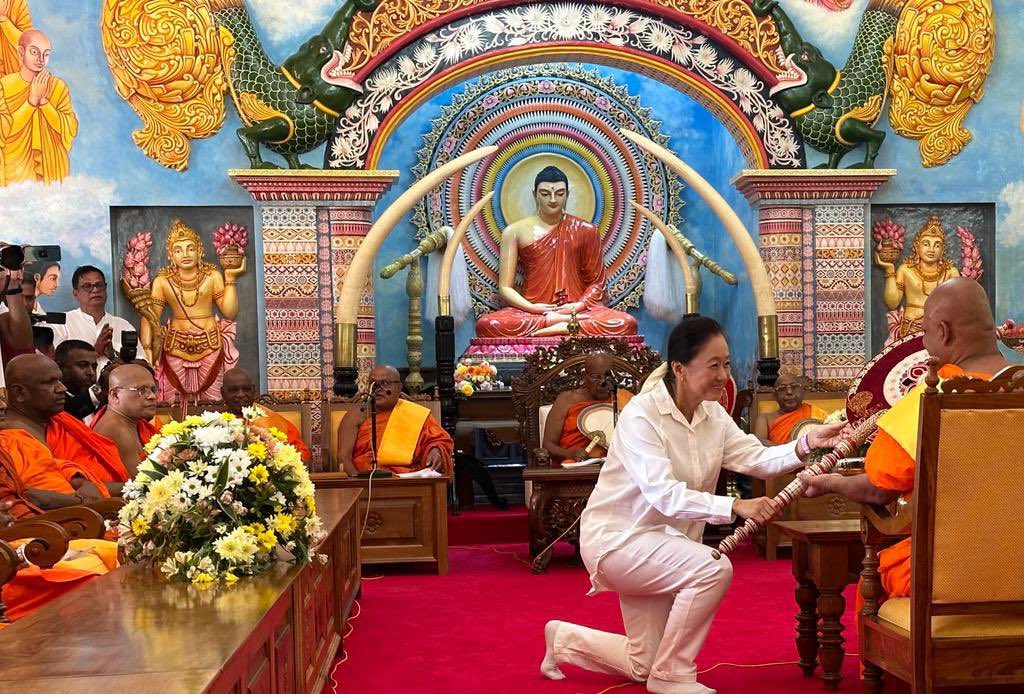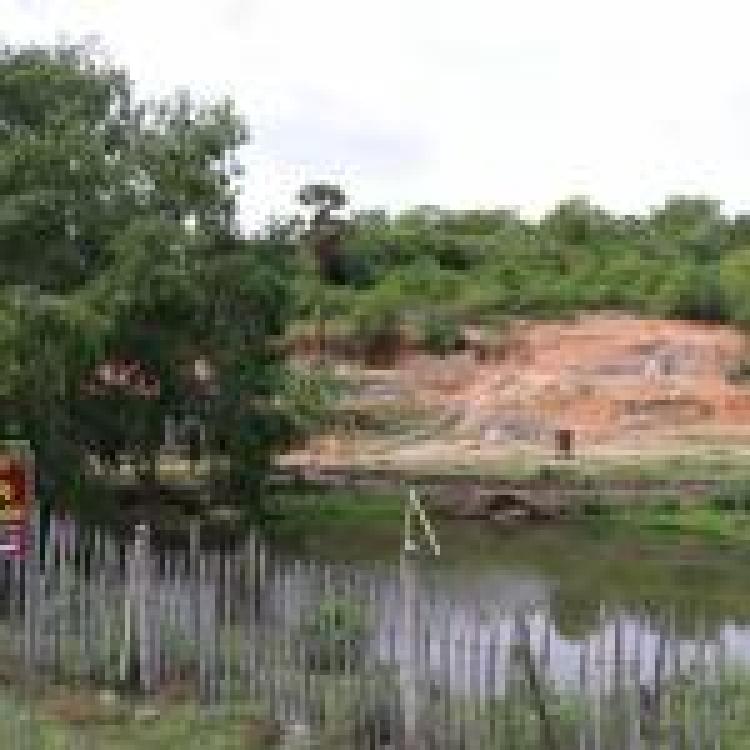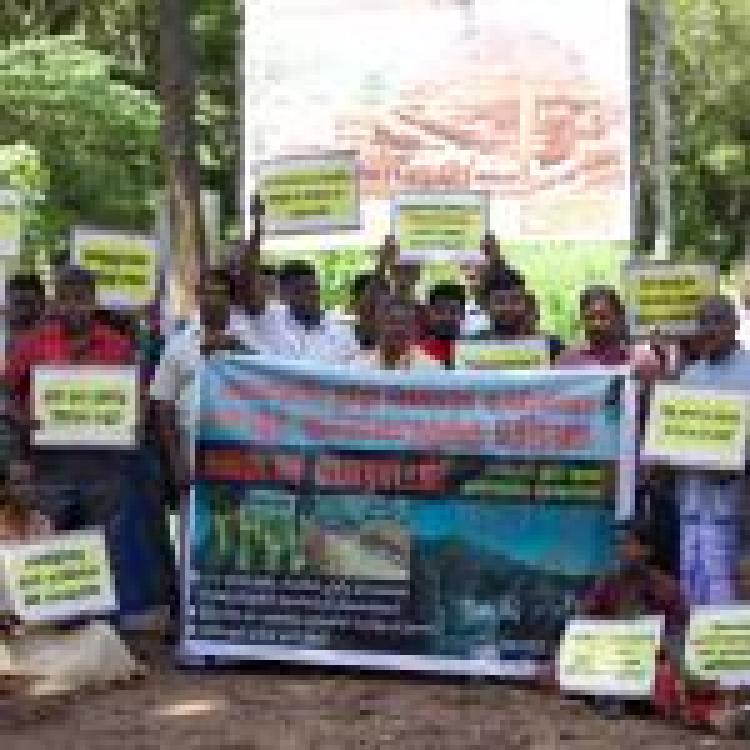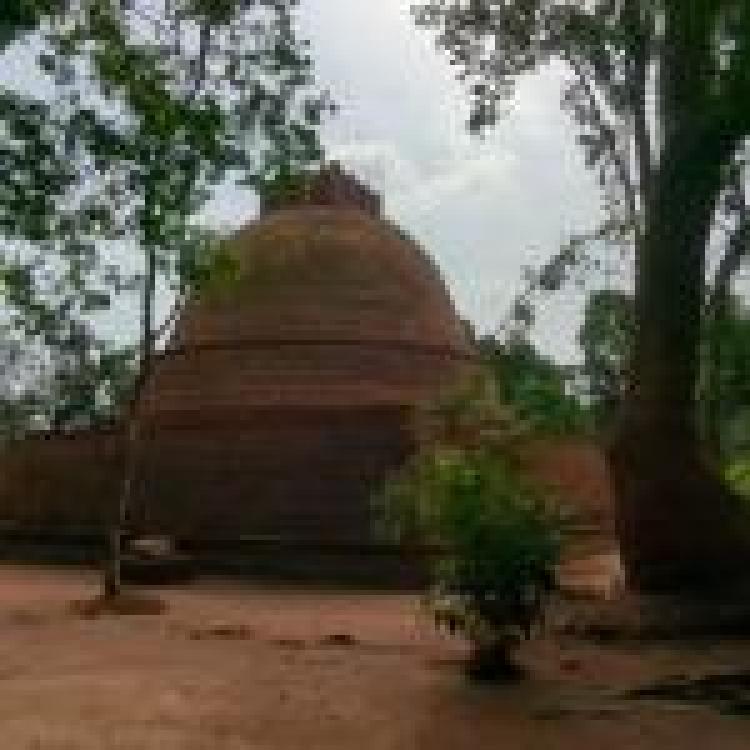
Despite growing concerns of religious majoritarianism, US ambassador, Julie Chung, participated in a Buddhist ceremony to appoint the new Chief Sanganayake of the Kotte Chapter, Thalangama Dewananda.
On X, formerly known as Twitter, the ambassador expressed her gratitude to be able to participate in the ritual which included a photo of her kneeling before the Buddhist clergy.
Today, at Kotte Rajamaha Viharaya, I witnessed the conferral of Ven Thalangama Dewananda Thero as the Chief Sanganayake of the Kotte Chapter, responsible for overseeing the western and central United States. I am grateful to Chief Prelate Ven Dr. Ittaepane Dhammalankara Thero… pic.twitter.com/LVNDugevPt
— Ambassador Julie Chung (@USAmbSL) December 17, 2023
The previous Chief Prelate of the Kotte Chapter had previously claimed that people who fail to accept Sri Lanka as a Sinhala Buddhist country should not remain in the country.
The US State Department report on religious freedom has raised concerns over religious discrimination noting numerous reports of religious motivated attacks against Christians, Hindus and Muslims. Citing the National Christian Evangelical Alliance of Sri Lanka (NCEASL), the report notes that in “many of the incidents, police or other state actors played a role, and in cases of intimidation or attacks by Buddhist groups on Christian churches, police often said the pastors were to blame”.
Another non-governmental organisation, the Hashtag Generation detailed that “antiminority online content often grouped Hindu Tamils and Christians together and spread divisive attitudes by portraying the two communities as at odds with Sinhala-Buddhist values and ideology”.
This year, Tamil judge T. Saravanarajah was forced to resign from his post and flee the island following death threats and mounting pressure over his involvement in the contentious Kurunthurmalai archaeological site cases.
Despite the Mullaitivu court maintaining that the Buddhist stupa was illegal imposed on the land, Buddhist monks continued to contravene the court order and worship at the shrine.
Last year, advocacy organsation, People for Equality and Relief in Lanka (PEARL) highlighted in a report that since the end of the armed conflict in 2009, Sri Lanka's Director General of Archaeology "has ordered excavations and instructed district authorities to put up Buddhist structures on pre-existing Tamil worship sites and private Tamil lands, regardless of any opposition to it."



